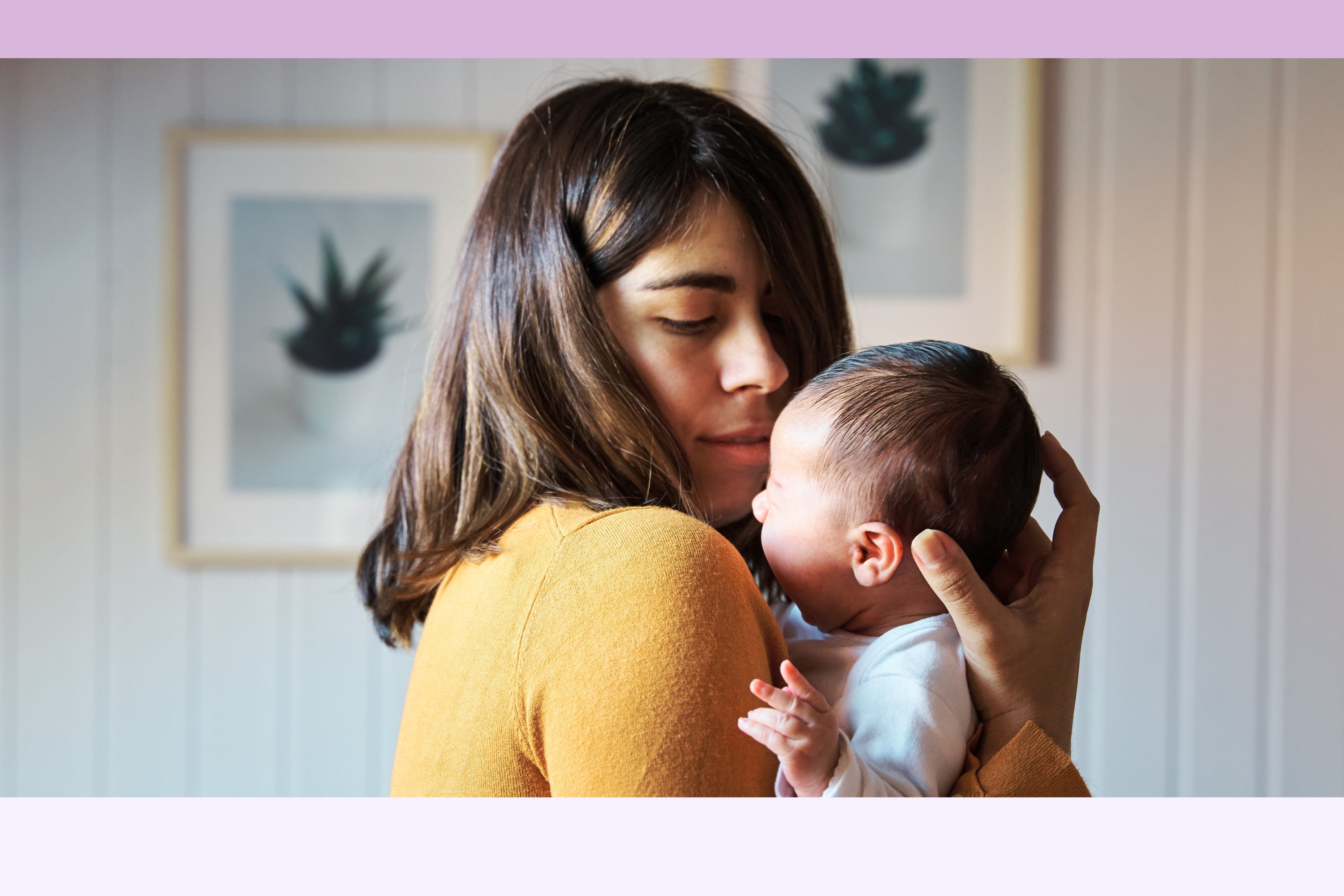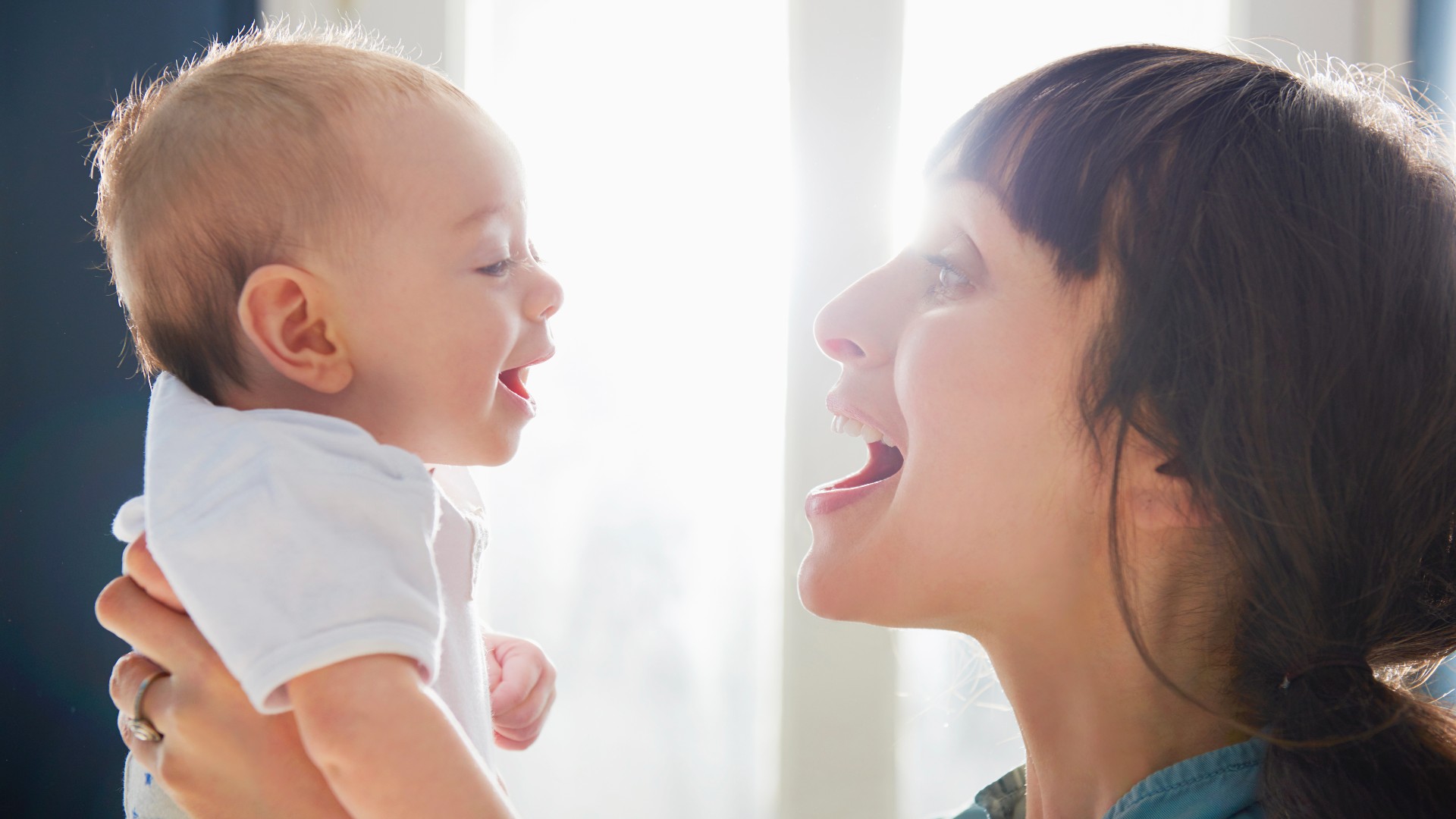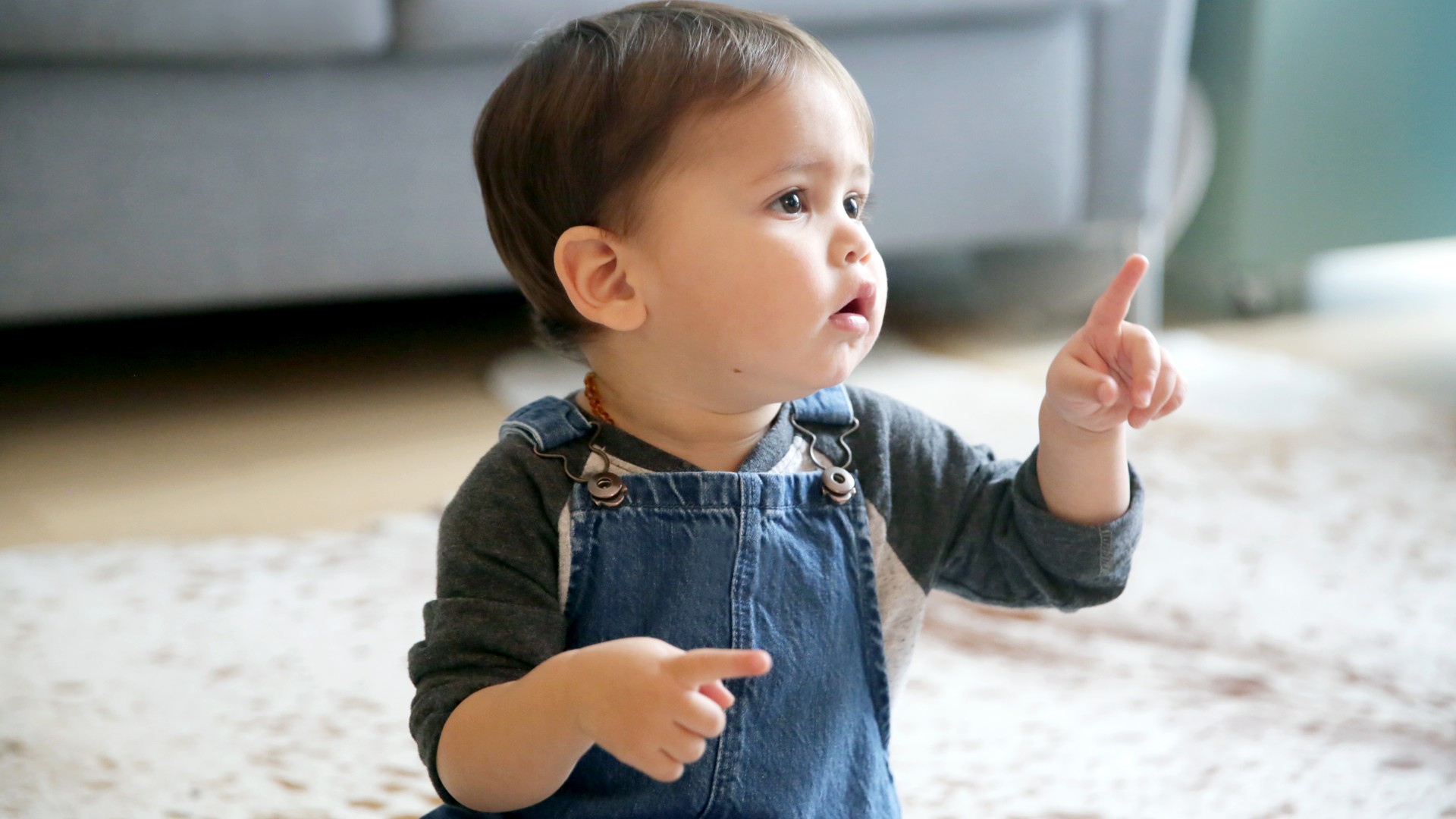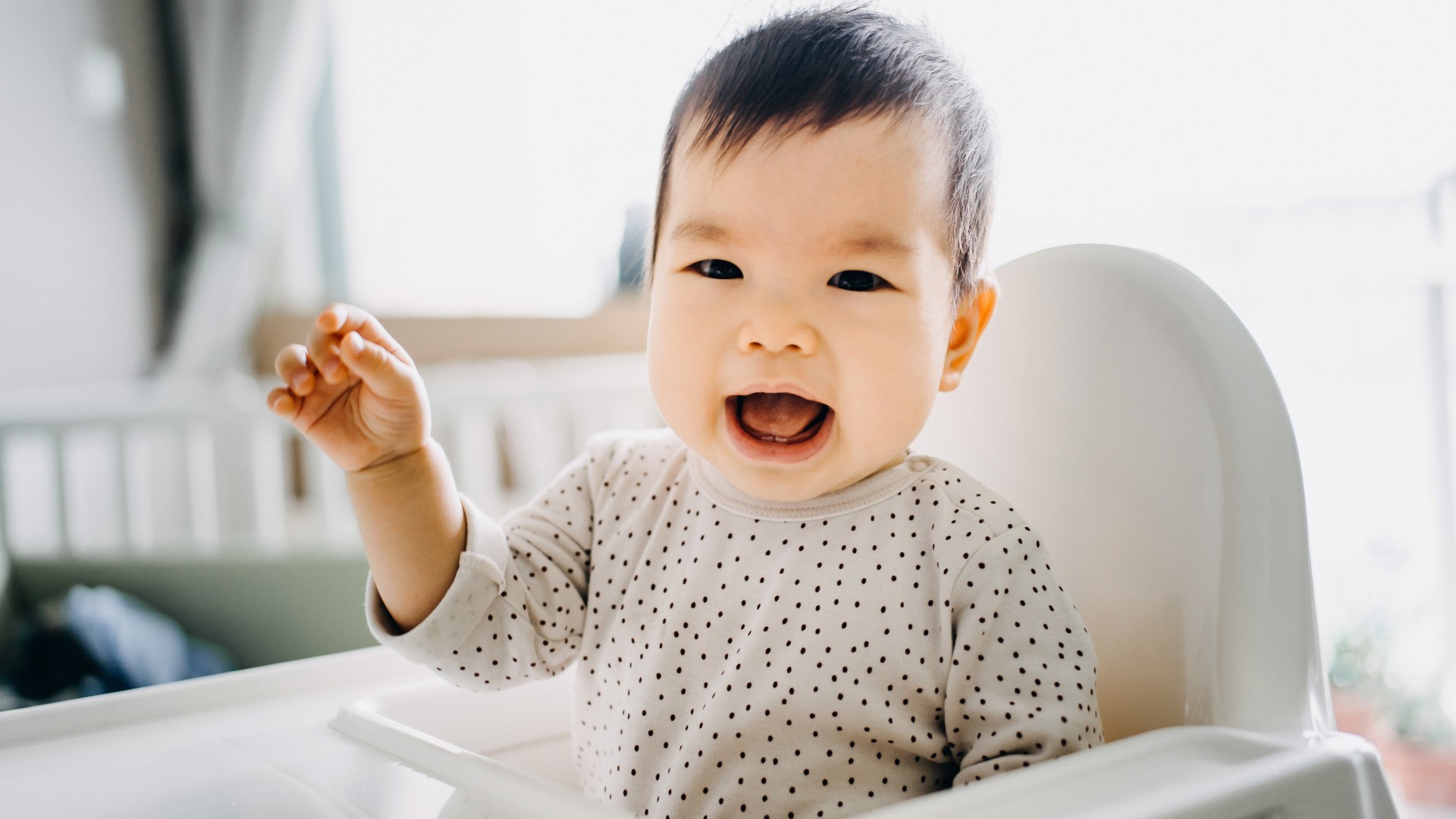Babies born during lockdown ‘less likely’ to reach three key milestones by first birthday, study finds
Babies born during lockdown were found to take more time to achieve certain communication benchmarks including pointing and waving goodbye...


Babies born during lockdown have been found by a study to be “less likely” to reach three key communication milestones by the time they turn one.
Wherever you live, the lockdowns during the Covid-19 pandemic were a difficult time for everyone. From wondering whether we will go back in lockdown to searching for things to do with kids to keep them occupied, families faced the daunting task of balancing work and looking after little ones all in one home space.
There are various baby development milestones that devoted parents will always excitedly keeping an eye on. Now a new study of babies born in Ireland has found that three key developmental benchmarks are less likely to be reached as quickly by infants born during lockdown.

According to The Independent, a new study has been published and suggests that babies born during a Covid-19 lockdown were slower to meet certain developmental milestones. Researchers from University College Cork and the Royal College of Surgeons Ireland looked into a “pandemic cohort” of 309 babies born in Ireland between March 2020 and May 2020.
They compared these babies with historical data on around 1,600 babies born between 2008-2011. The research reportedly found that infants born during the pandemic were less likely to have spoken one definite word, waved goodbye and pointed by their first birthday.
The researchers commented on how this could potentially be down to the reduced level of social contact with peers and in general during the pandemic.

“Stringent lockdown, used to control the Covid-19 pandemic, has led to babies and their families spending more time at home than babies from previous years,” they shared. “We recently demonstrated that families of babies in the [Covid lockdown] cohort had a median of one social contact outside the home at birth, increasing to four when the babies reached six months of age.”
Parenting advice, hot topics, best buys and family finance tips delivered straight to your inbox.
Speculating how this could have affected the results, they continued, “This may have impacted on parents’ experience of raising a child during the pandemic, as many parents noted that they were isolated. In addition, we found that social isolation restrictions lead to 25% of infants not having met a child their own age by their first birthday, which will have led to a reduction in social peer interaction.”
“Because of lockdown measures, it is likely that covid-19 era babies heard a narrower repertoire of language and saw fewer unmasked faces speaking to them,” the researchers declared.

Describing the development of language amongst infants as “complex,” they went on to claim that as babies spent most of the lockdown at home they were much less likely to “encounter new items of interest”. This is something they suggested could usually inspire them to want to point - one of the key milestones.
They also stated their belief that lockdown meant a reduced number of opportunities for babies to learn to wave goodbye to a visitor, perhaps a possible reason for this milestone also taking longer to reach for some babies.
Although researchers said it was “unclear” at the moment whether mask-wearing and limited contact could have on infants long-term, they added, “It is hoped that these infants will catch up with their pre-pandemic peers quickly once restrictions are lifted.”
The study's findings were published in the BMJ journal, Archives of Disease in Childhood.

Emma is a Senior Lifestyle Writer with six years of experience working in digital publishing, ranging from book publishing to magazines. She currently looks after all things Lifestyle for Woman&Home, Goodto.com, and My Imperfect Life.